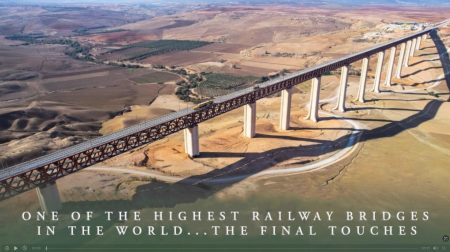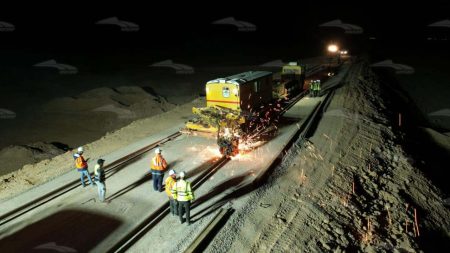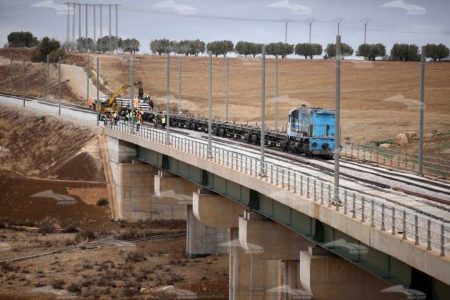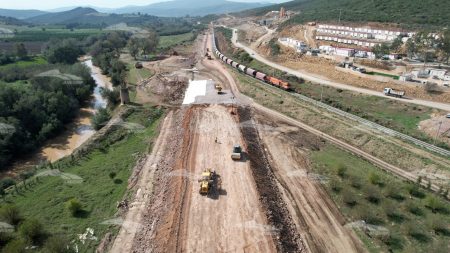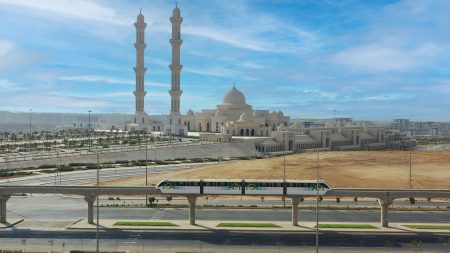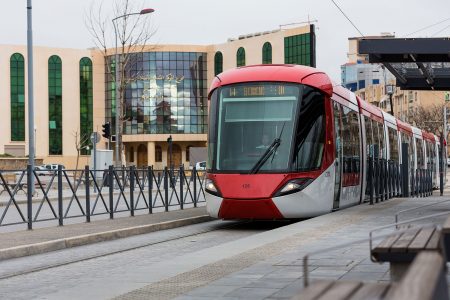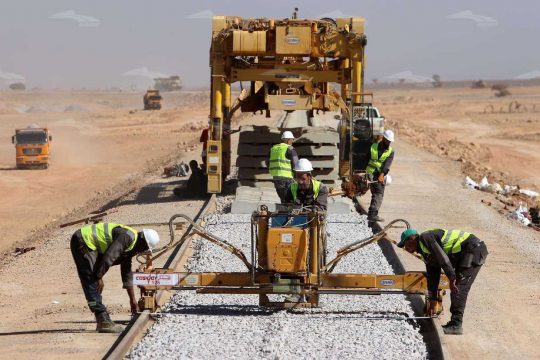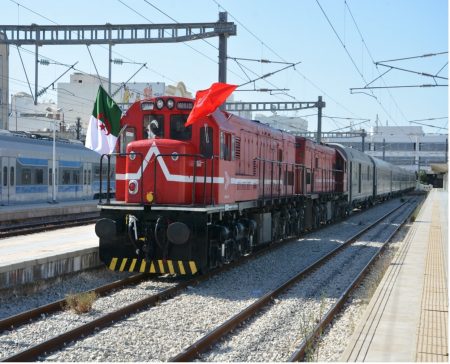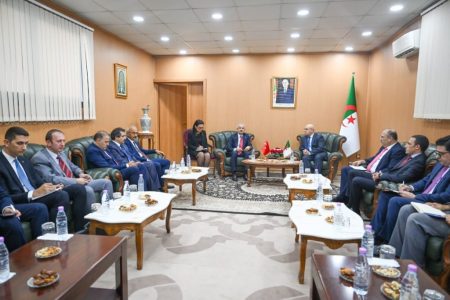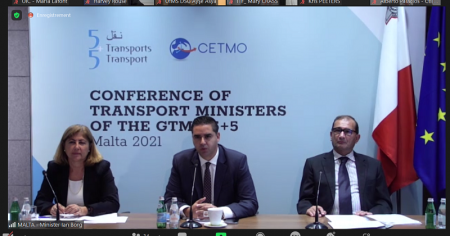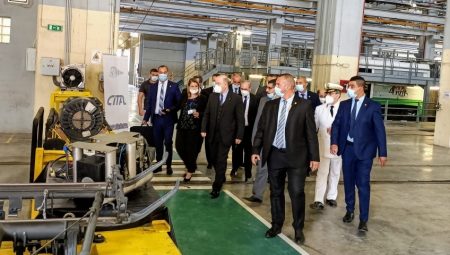This content is for Premium Subscribers only. To view this content, login below or subscribe as a Premium Subscriber.
Related News Articles
Construction of the Laghouat – Ghardaïa – El Menia Railway
27 February 2026
North Africa, Algeria
1 min
Algeria's Mega Railway Project Set to Transform Africa's Infrastructure Landscape
09 January 2025
North Africa, Algeria
1 min
LGV West Algeria: A Major Step Forward in Railway Modernisation
11 December 2024
North Africa, Algeria
1 min
The Eastern Mining Line: A Strategic Pillar for Algeria’s Economic Future
15 November 2024
North Africa, Algeria
1 min
3 min
4 min
Trans-Maghreb Railway Project Nears Key Milestone Amid Regional Challenges
26 August 2024
North Africa, Tunisia
1 min
Algeria’s Mostaganem Tramway Enters Commercial Service
27 February 2023
North Africa, Algeria
2 min
1 min
1 min
Commissioning Of The Second Section Of The Constantine Tramway Extension
01 October 2021
North Africa, Algeria
1 min
